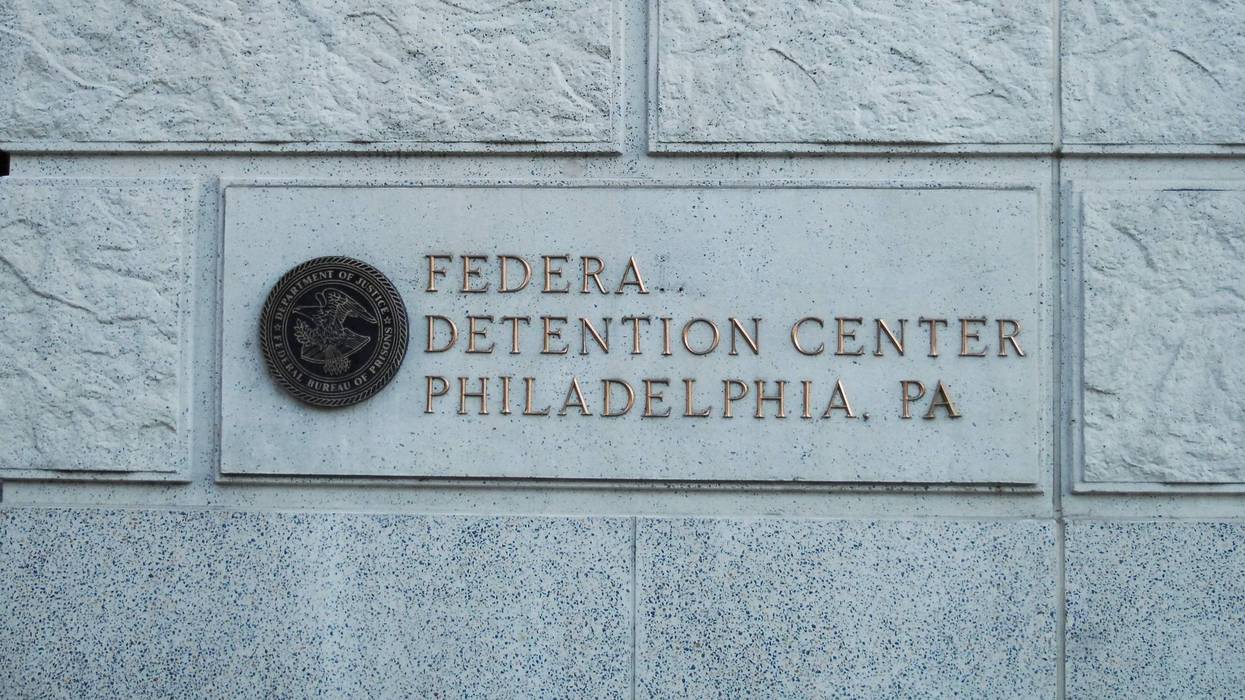I’m supposed to be saving for retirement, but instead I’m scouring the internet for “free sites”—mutual aid groups or neighborhood sites where people safely drop off their groceries, clothes, and basic appliances for others to take. In desperation, I even accept open juice cartons and past-date food from my community so I can feed my family as the cost of these items continues to rise.
I’ve lived on the edge of uncertainty all my life. My parents struggled to provide for their three kids when we were growing up. Sufficient medical care was always out of reach. As I grew older, I learned to be super resourceful and did my best to “pull myself up by my bootstraps.”
You simply can’t pay your mortgage with someone else’s stock gains.
But even after I earned a Master’s degree and bought a small townhouse, it wasn’t enough. The cost of babies and childcare is overwhelming when one is struggling to make ends meet. Add health complications from childbirth on top of it, and we were immediately under water.
Getting help from the social safety net has always been harder than it should be. Years ago, before I had kids, I needed help affording food and housing while I searched for new employment after getting laid off. But because I had a car and no kids, I was told I was ineligible.
But that’s nothing compared to what families are facing now.
We’ve recently seen the largest shift away from support for families in modern history. All in favor of massive tax breaks for billionaires. The so-called “One Big Beautiful Bill” mercilessly slashes funding for healthcare and food for the rest of us to subsidize nearly $5 trillion in tax cuts for the already rich.
That doesn’t seem very fair to me.
According to the Urban Institute, more than half of American families can’t afford the true cost of living in their communities, even when both adults work full-time. Costs, especially for essentials like housing, food, childcare, and healthcare, are rising faster than wages.
The label “middle class” hides the real financial stress that millions of us feel. We don’t make enough to cover what our families need, yet we make too much to qualify for help when we need it.
The programs that would help everyday Americans weather the occasional storms have been pillaged to give trillions more to billionaires. Meanwhile, Trump’s tariffs have cost the average US family an extra $1,000 last year and are expected to cost families $1,300 this year.
I’m facing a layoff from my current job in a dismal job market, which will cost my family and me our employer-provided healthcare. And with Congress both slashing Medicaid and allowing extended subsidies for Affordable Care Act plans to expire, I don’t know how I will afford our health coverage.
While many in Washington point to record stock market highs as proof of a booming economy, those gains don’t reflect the reality at my kitchen table. A rising Dow Jones doesn’t pay for a child’s doctor visit or lower the price of eggs. For families like mine, the economy isn’t measured by a ticker, but by our bank balance. You simply can’t pay your mortgage with someone else’s stock gains.
As life becomes less and less affordable for working people, we need to restore and expand our social safety net so those of us who work for a living can keep our families affordably housed, fed, and healthy. Currently, we’re headed in the wrong direction.




